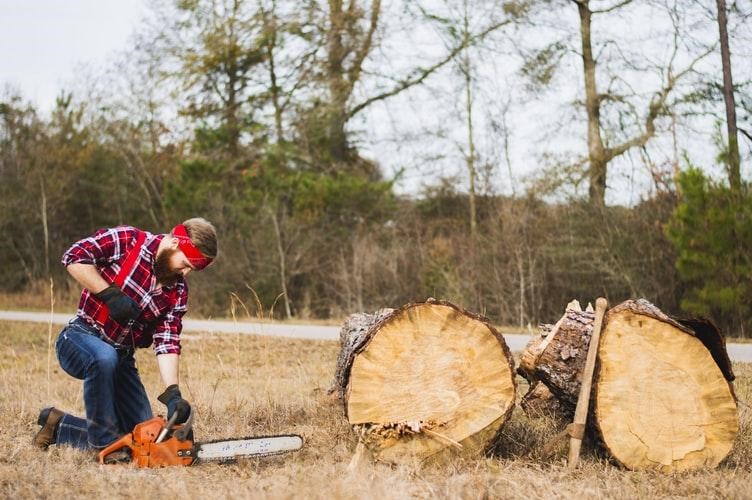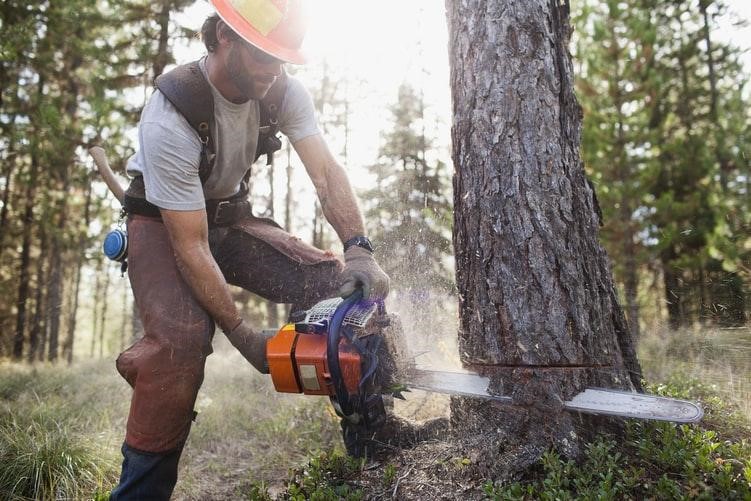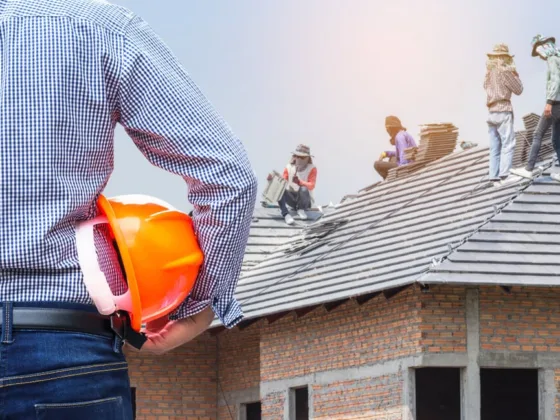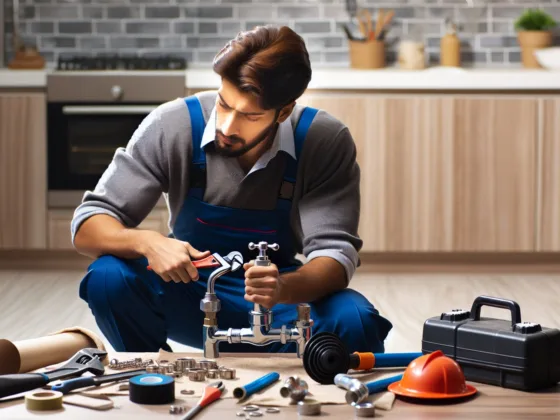Chainsaws are now in use in most homes to carry out different tasks.
Millions of people have acquired this equipment, which has made work easier and lessened the time taken to complete a specific cutting task.

While chainsaws are essential items to have at home, they are extremely dangerous, and homeowners must be careful in their use, storage, and transporting them.
It is important to take care when using the equipment to avoid injuries to the user and anyone close.
This article will discuss the things homeowners should understand when buying and using this equipment. Here are some facts about chainsaws.
1. Not all Chainsaws Are Equal
When buying your chainsaw, you should check its review and see if it’s a reliable make that can fit your needs.
What do you want to use the chainsaw for and for how long? This is because some don’t last long and may be made of shoddy craft.
It is important getting a genuine chainsaw from a reputable brand that will work best and assure your safety, and according to Workshopedia.com review, you can choose either the electric, gas, or battery chainsaw to serve you according to your needs.
According to the reviews, there are different brands to choose from, with reputable brands having better quality while others have just average quality.
It is important to read reviews and get expert opinions before opting to buy a specific chainsaw brand.
2. Always Be Prepared Before Using a Chainsaw
Do not start working with a chainsaw before having adequate preparations for it. As stated above, chainsaws are very dangerous and might cause accidents if not prepared well for use.
What are these preparations? First, you should inform everyone near you that you are working with the chainsaw and ensure you have a cell phone nearby for any emergency.
If working far away from home, it’s important to carry your first aid box to cater for any accidents and injuries along the way.
Before cutting any trees with your saw, pack your vehicle safely near the exit and ensure it’s in drive condition in case of any emergency.
You should also know how to handle the chainsaw when working and steps to take in emergencies.
Read Also:
3. Wear Protective Wear When Using the Chainsaw
Just like they cut down trees and other vegetation, chainsaws can chop off your legs, hands, and body if an accident occurs.
This situation makes it essential always to wear protective clothing to be safe during an accident. The safety clothing includes a full helmet, safety goggles, earplugs, and a full-body heavy-duty overall.
Some of these safety items are sold as packages and might include a face shield and a radio gear. Ensure no skin is showing and you don’t have any loose dress.
It would help if you also got some work gloves and safety boots in addition to the clothing.
Even when working in the backyard, it’s essential wearing protective gear to safeguard your body.
It is also important to have everyone working with you wear protective equipment since you may not know when the disaster will strike.
Most people have lost their lives by not having the right clothing while using chainsaws. They might slip off their hands while running and injure someone.
4. Always Check the Equipment for Safety Measures
Your equipment has a motor and a sharp, rotating blade that’s dangerous when in use.
Other than checking if the blade is in good condition and the motor runs smoothly, other safety features need checking as outlined in its manual.
Your chainsaw should have a chain brake and a kickback guard for security and other items, including the throttle neck, to control its running speed.
It should also have a chain catcher in case of derailment or breakage of the chain. All these safety functions must be maintained well and should function properly when the machine is in use.
This helps to prevent injuries when accidents happen.
5. Regular Maintenance Is a Must
If you need your chainsaw to function without issues and have a longer lifespan, it’s important to maintain it regularly.
Like any other machine, it comes with a manual on maintaining different components and what’s needed to be changed at different durations.
Experts recommend having your chainsaw checked and serviced by an expert at least once a year to ensure it continues working well and has an elongated lifespan.
Besides the yearly maintenance, you need to change the lubrication oil, filters, and other serviceable parts, as highlighted in the manual.
Failure to do this will make your chainsaw breakdown more often and may stop working if neglected.
6. Handle the Chainsaw as Required
Do you know how to handle the chainsaw? That’s where most people go wrong. There is a way you must handle your chainsaw to function well and also reduce accidents.
Proper handling also ensures you don’t get a muscle strain. Which is the right way? Ensure hands are in the proper position before grabbing the chainsaw handles and put your left hand under the handle to control kickbacks.
It is also essential to practice using the chainsaw with a qualified instructor until you are perfect to work with it.
When working with others, ensure they take a step back, at least 10 feet, to avoid injuries resulting from the saw or wood chippings.
7. Store Your Chainsaw as Required
Do not dump your chainsaw in any toolbox, just like most people do. It can cause injuries even when not in use.
The best way to store the chainsaw is by cleaning it first, removing all debris, and putting back its chain guard attachment to protect it.
Ensure you store it in a lockable room that is not easily accessed by children. If giving it to someone to use, ensure they are qualified and knowledgeable to operate it.
Before buying any chainsaw, ensure you have practised enough on its use, features, and ways to maintain it.
You can get the training from the equipment dealer, learn online, or consult someone who trains.
Besides maintaining it, buy the best-approved brand according to reviews to avoid getting something of lower quality that won’t last long.
Using a chainsaw to perform several cutting tasks is fun. But if not used as required, it will end up in injuries and even death.









